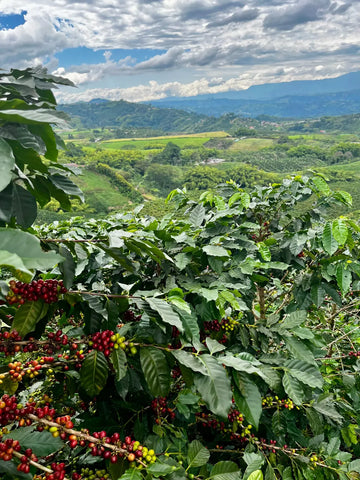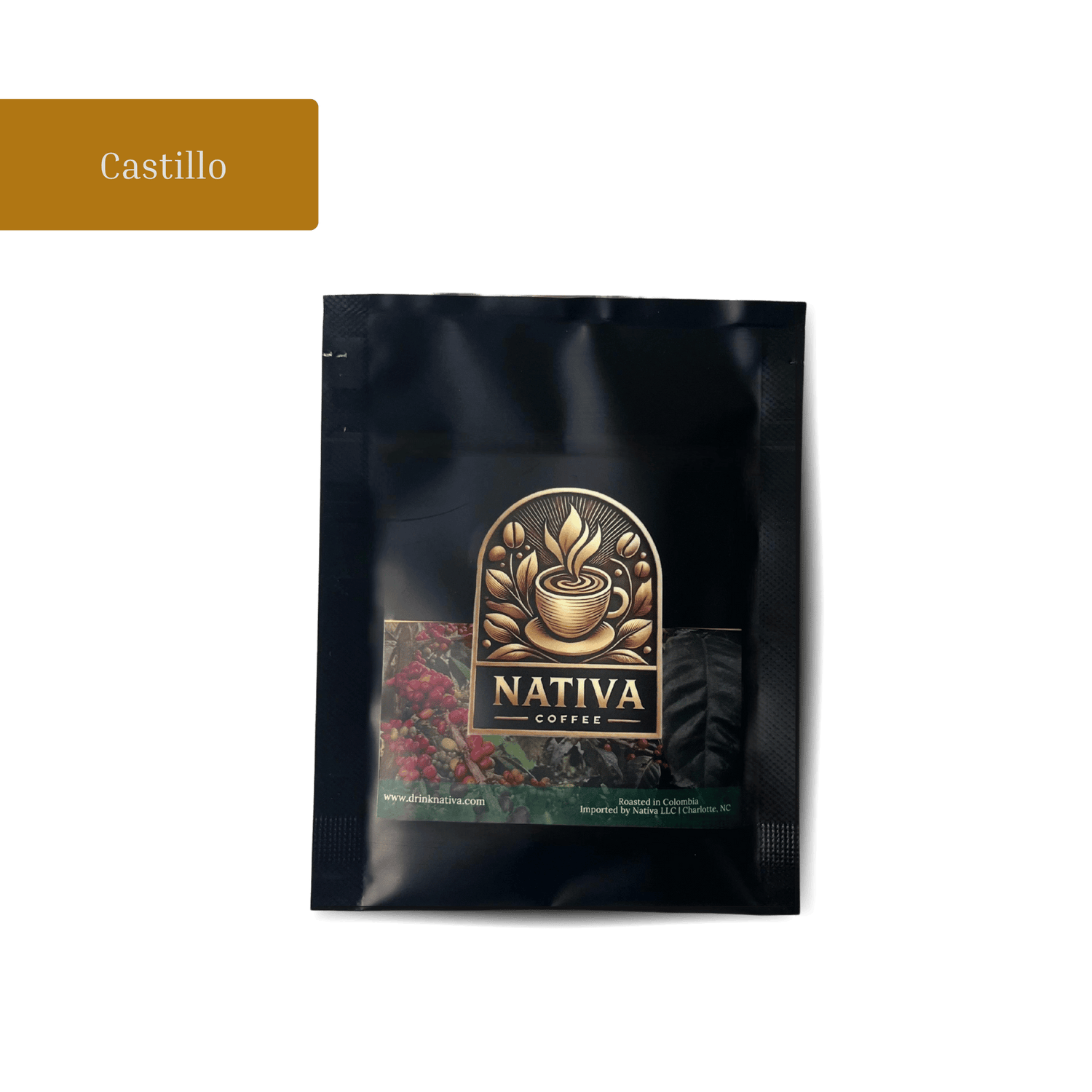What does variety mean when referring to coffee?

In the context of Arabica coffee (Coffea arabica), variety refers to the different subspecies, cultivars, or genetically distinct populations within the Coffea arabica plant. These varieties arise from natural evolution, selective breeding, or hybridization, and they impact the flavor, aroma, and growth characteristics of the coffee plant. Although all Arabica Verities coffee comes from the same species, there can be significant differences between varieties in terms of bean size, shape, flavor profile, and resistance to pests and diseases.
Key Points About Arabica Coffee Varieties:
- Flavor Profiles:
Each variety has a unique flavor profile.
- Growth and Adaptability:
Arabica varieties vary in their tolerance to altitude, climate, and diseases.
- Cultivation History:
Arabica coffee has its roots in Ethiopia, a region known for its rich diversity of wild varieties. As coffee culture expanded across the globe, it fostered the emergence of new varieties, resulting from natural mutations, careful selection, and intentional cultivation by humans. This dynamic process allowed coffee to adapt and thrive in different environments, enhancing its complexity and flavor profile.
- Importance in Specialty Coffee:
By emphasizing the variety of coffee, we can enhance consumers' understanding of its flavor profiles and origins. Specialty coffee brands often showcase specific varieties, which not only signifies quality but also highlights the uniqueness of each brew. This approach encourages consumers to explore and appreciate the diverse world of coffee.



